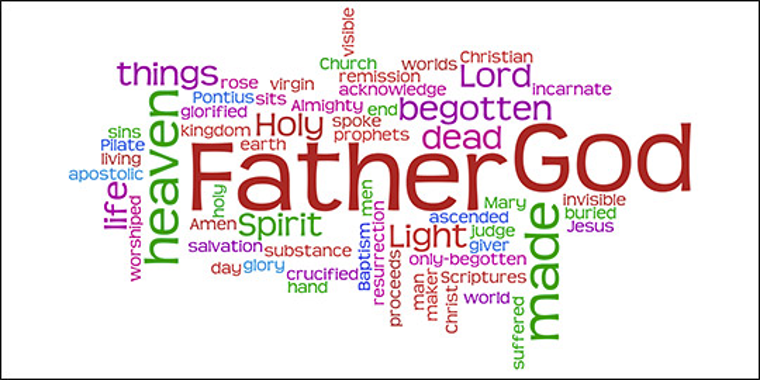Episcopalianism's "Creedal Orthodoxy"
By David Mills
www.patheos.com
October 28, 2014
A small contribution to understanding one of the ecclesial communities, which may look more like the Catholic Church than the others but is farther away from it in teaching. A few friends in an email conversation have been batting around the idea that mainstream Episcopalianism is, despite its embrace of moral innovations, "credally orthodox," which is to say, basically okay.
The idea that mainstream Episcopalianism cares for "credal orthodoxy" is perhaps charitable but also wrong (and therefore actually uncharitable). This is a world I once knew very well, and even back then, fifteen and more years ago, the average mainstream cleric might have a high view of Jesus but wasn't very concerned for the exact doctrine, much less the doctrine in its necessary extra-credal elaboration.
Men (and women) who were essentially Arian or Adoptionist in their understanding of Jesus would call themselves "credally orthodox" because it meant only believing that Jesus is central to the faith, even if they thought of him more as an example than as a living authority. They would say the Creed on Sundays because it is part of their church's tradition and they read it as an old way, phrased in the theology of the time which we can now treat as metaphors, of saying "Jesus is really important."
In fact, as far as I can tell from observation, the phrase "creedal orthodoxy" was invented or at least brought to prominence as a way of defending or rationalizing a minimalist understanding of Christianity. It was used by people who thought all the moral teaching could be changed without problem as long as the person or body changing it was "creedally orthodox." I heard it used this way not only about the approval of homosexuality but the approval of abortion. There were the core beliefs, given in the Creed, not to be doubted, and then everything else. The people who first used the term were probably creedally orthodox in the traditional sense, but their successors, and sometimes they themselves, became less so or not so, as I just mentioned.
Similarly, my Evangelical Anglican friends liked to use it to avoid questions about the ecclesiastical effect of the innovation of women's ordination. The pro-ordination ones used it to say "We're still perfectly orthodox Christians," the anti-ordination ones to say "We can hang out together because our difference doesn't touch the really important things," while allowing both sides to condemn the liberal mainstream for its own chosen innovations.
They were right in this. The pro-ordination Evangelical really did believe that Jesus is "God of God, light of light, true God of true God," etc. The two sides were not wrong in finding themselves bound together in a deep commitment to Christ. The problem is that this truncated idea of Christianity could not sustain them as a single body with a single purpose. Their battle against the mainstream Episcopal approval of homosexuality hid from them the depths of their disagreement, but now as so many have left the Episcopal Church, they will eventually have to face it. And appeals to a mutual "creedal orthodoxy" won't help all that much.
END














